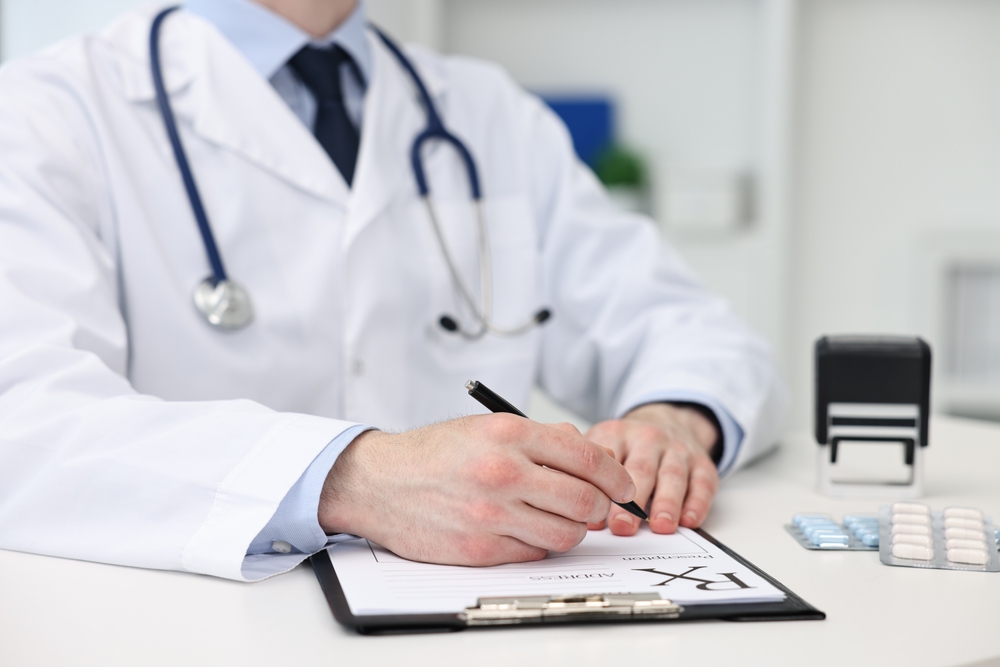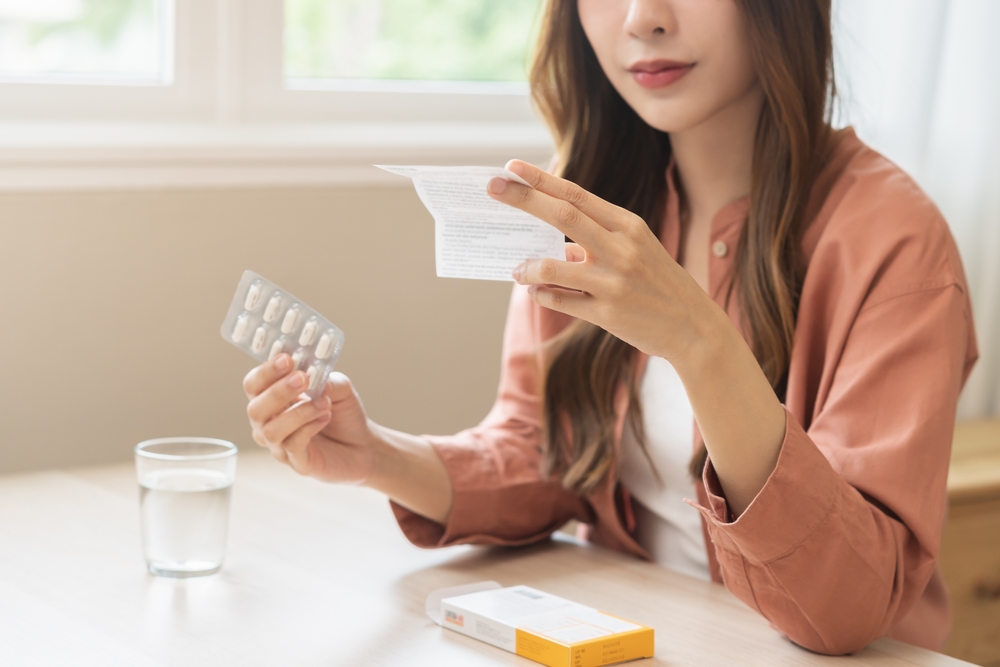Last Updated:
July 25th, 2025
Prescription Drug Abuse | Signs, Causes and Types
What are prescription drugs?
Prescription drugs are medications that doctors provide to treat specific medical conditions or manage symptoms. They’re not available over the counter and require a prescription due to their strength, potential side effects or risk of misuse. These drugs cover a wide range of ailments, from physical pain to mental health issues.
For instance, Percocet, a painkiller, is prescribed for moderate to severe pain relief after surgeries or injuries. Meanwhile, antidepressants like SSRIs help manage mental health conditions such as depression and anxiety by balancing brain chemicals.
Each type is carefully tailored to meet individual needs, ensuring effective treatment when used as directed. However, misuse can lead to dependency, highlighting the importance of using them responsibly under medical guidance.

How can a prescription drug addiction develop?
It can be confusing and even overwhelming to realise that a medication designed to improve your health can also lead to addiction. You might wonder how something prescribed and approved by medical practitioners could cause such harm.
In reality, there are many ways a prescription drug addiction can begin, often through circumstances or behaviours that seem harmless at first. Below, we explore some of the most common ways addiction can develop so you can be more aware of these often-overlooked paths to dependency.
1. Taking more than prescribed
Even if a doctor prescribes the medication, increasing the dosage on your own can quickly lead to dependency. Some people feel their initial dose isn’t working well enough and take an extra pill or two to enhance its effects. Over time, this can create a tolerance, requiring higher doses to achieve the same results, leading to addiction.
2. Using the medication for non-medical reasons
Prescription drugs are sometimes used to cope with stress, relax or even to feel a sense of euphoria. While this might seem like a quick fix, it bypasses the medication’s intended purpose and can quickly spiral into misuse, especially with highly addictive substances like opioids or sedatives.
3. Prolonged use beyond medical need
When a prescription drug is taken longer than necessary, often out of fear that symptoms will return, dependency can develop. This is common with painkillers, where people continue taking them long after their pain has subsided, simply to feel “normal.”
4. Sharing medications with others
Many people unknowingly fall into addiction by using a prescription meant for someone else. This might happen when a friend or family member shares their medication for temporary relief of pain, anxiety or sleep issues. Without proper medical oversight, this behaviour increases the risk of dependency.
5. Unintentional psychological dependence
Some prescription drugs, such as antidepressants or anti-anxiety medications, can create a sense of stability and well-being. Over time, people may develop a psychological reliance on the medication, feeling unable to function without it, even if the physical dependency isn’t severe.
Struggling with an addiction? If you are ready to seek help, reach out to us today, and a member of our compassionate team will help you find the best option for starting your recovery journey.
Are all prescription drugs addictive?
Not all prescription drugs are addictive, but some can be incredibly habit-forming if misused. For example, opioids, which are prescribed for pain relief, have been at the heart of the US opioid epidemic and have tragically claimed millions of lives. While opioids are known to be highly addictive, they’re not the only prescription drugs that can cause serious harm.
It’s important to understand which medications carry a higher risk of dependency so that you or someone you care about can stay safe when taking these drugs.
Antidepressants addiction
Percocet addiction
Painkillers addiction
Pregabalin addiction
Gabapentin addiction
Benzodiazepine addiction
Opioids addiction
Sedatives addiction
Stimulants addiction
Do I have a prescription drug addiction?
It’s important to check in with yourself when using prescription drugs, even if you’re taking them exactly as prescribed. Many people feel safe using these medications because they’re legal and prescribed by a doctor. However, it’s easy to overlook the level of care and awareness needed when taking them. Misuse or dependency can develop gradually, so paying attention to your relationship with prescription drugs is essential.
Below are six questions that, when answered with ‘yes,’ could indicate a prescription drug addiction. These questions aren’t an official diagnostic tool but can help you reflect on your situation. A thorough assessment by your healthcare provider is always necessary to confirm any concerns.
- Do you feel unable to get through the day without taking your prescribed medication, even when it’s not strictly needed?
- Have you ever taken more of your prescription medication than your doctor recommended or used it for purposes other than what it was prescribed for?
- Do you find yourself running out of your prescription earlier than expected or seeking refills more frequently than planned?
- Have you experienced withdrawal symptoms, like nausea or anxiety, when you’ve tried to stop or reduce your medication use?
- Do you ever hide or downplay your prescription drug use from friends, family or medical professionals?
- Have you noticed that your use of prescription drugs is starting to interfere with your relationships, work or daily responsibilities?

If you answered ‘yes’ to any of these questions, it may be a sign that your relationship with prescription drugs needs closer attention. Reach out to a healthcare professional for a thorough assessment and guidance.
How is a prescription drug addiction treated?
If you’re struggling with prescription drug addiction, it’s important to know that treatment isn’t one-size-fits-all. Different drugs require different approaches, which is why reaching out to your nearest rehab centre for guidance is so important.
Most treatment programmes include detox, therapy and aftercare to support your recovery journey. During detox, your body will safely withdraw from the substance under professional care to minimise discomfort and risks. Therapy will help you uncover and address the reasons behind your prescription drug addiction while teaching you healthier ways to cope. Aftercare offers ongoing support to help you stay on track and prevent relapse.
What are the next steps?
With the right help and a willingness to heal, recovery from prescription drug addiction is absolutely possible. Regardless of whether it’s you or your loved one, take the first step to recovery today by contacting your preferred rehab centre for further guidance.
Our compassionate team are ready and available to take your call, and guide you towards lasting the lasting addiction recovery you deserve.

